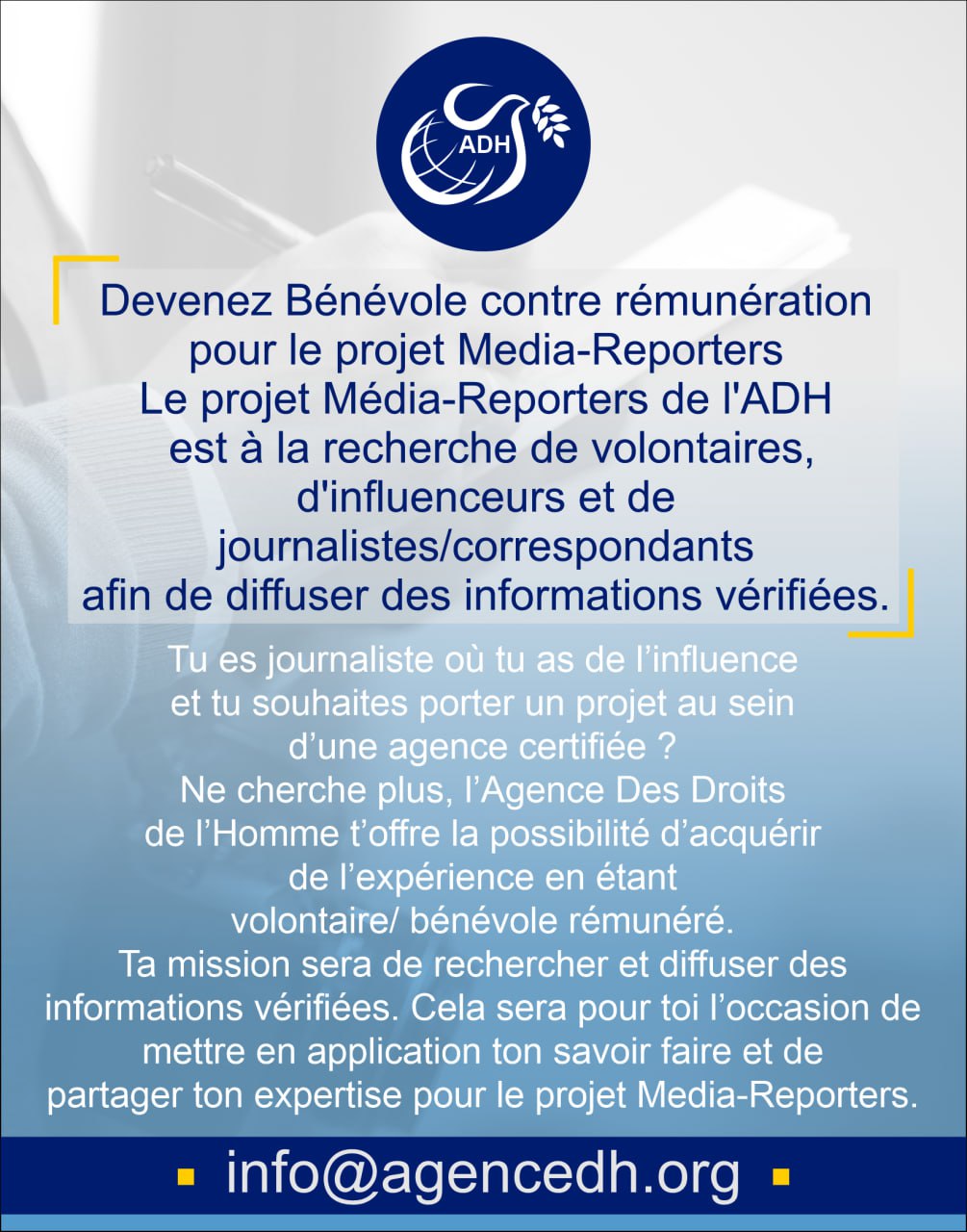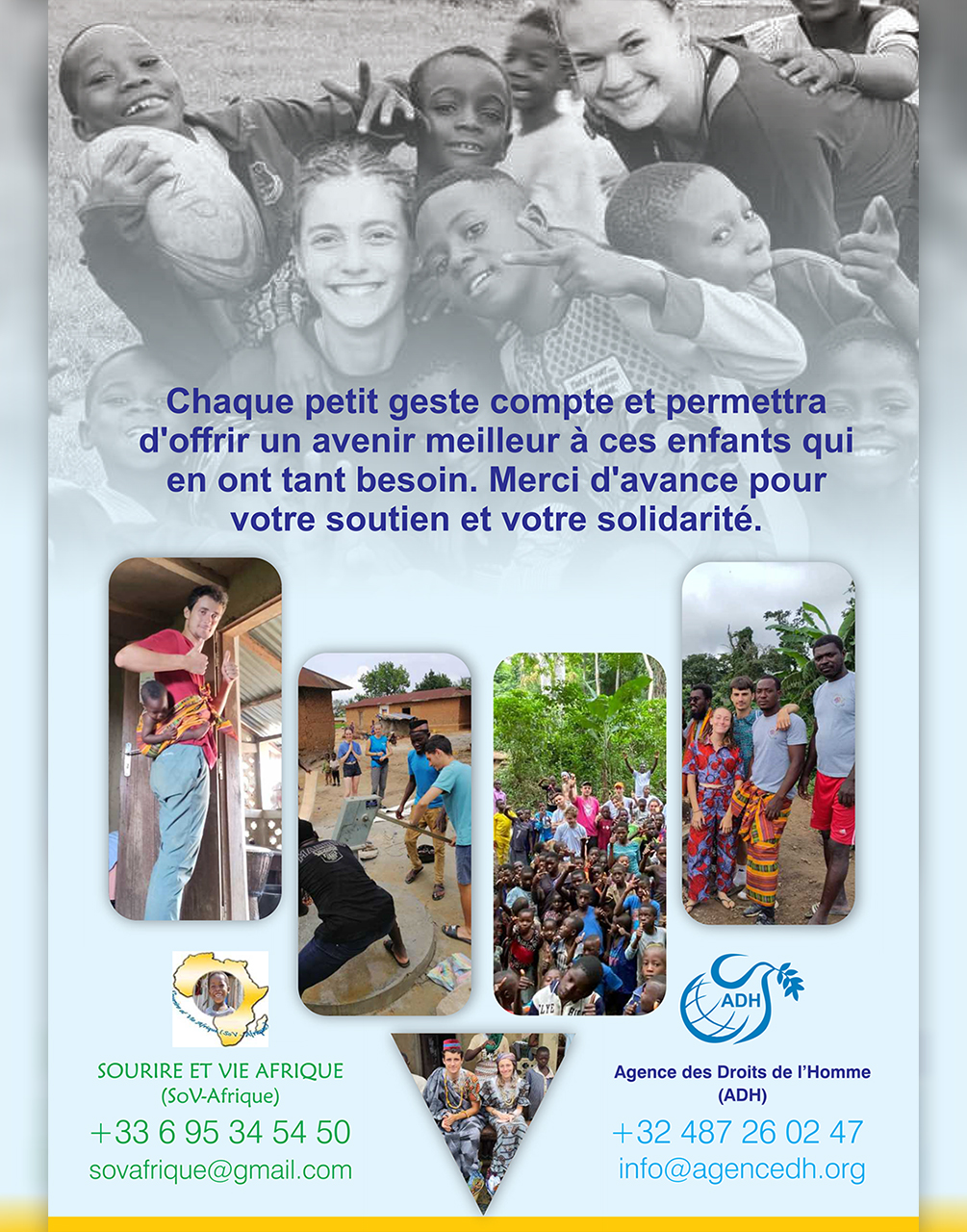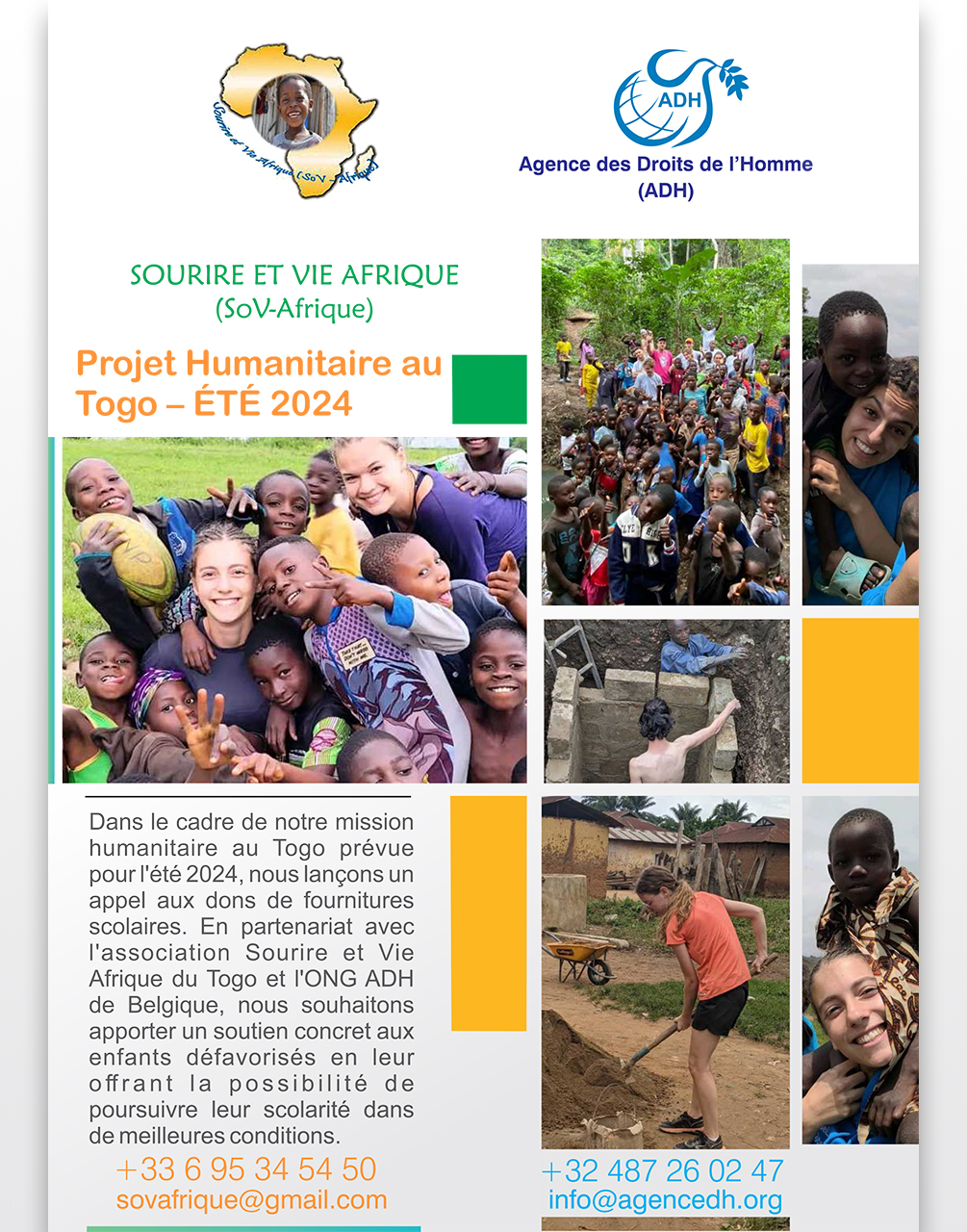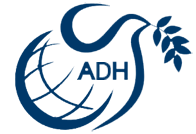Journalists and Protection of Human Rights
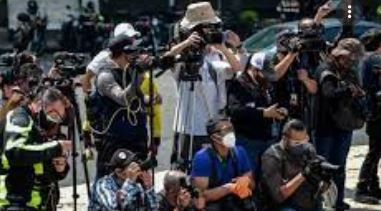
For the Human Rights Agency, journalists are on the front line of defending and promoting the rights of all citizens to freedom of expression and access to information, which are fundamental rights and enabling rights for achieving all social, economic, political, and civil rights.
Journalists have a social responsibility to seek the truth, give it context, and provide it to public to ensure new conversations and representation. Journalists are on the front line of defending and promoting the rights of all citizens to freedom of expression and access to information, which are fundamental rights and enabling rights for achieving all social, economic, political, and civil rights. Ethical journalists serve the public’s right to know. They seek the truth and resist the pressure to convey distortions whether from media owners, business interests or political forces, while having a vested interest in the defense and promotion of high standards of human rights.
Many professional activities do not involve human rights works all of the time but can have occasional links with human rights. Journalists have the responsibility of gathering information and disseminating it to the public through different media. They defend human rights in different occasions such as when they report on human rights abuses and bear witness to acts that they have seen. Accordingly, journalists and media are crucial to ensure transparency and accountability for public and government authorities, although their own freedom and safety is under threat all around the globe. They act as human rights defenders when they report on or investigate human rights issues or use their media outlets to defend the rights of others. This is while those reporting on civil conflicts, investigating corruption, or reporting on human rights abuses and violations often find themselves as targets by a range of propagators.
Journalists are a link between the governments and public. They can motivate governments to be more accountable and thus help promote people’s lives. Their objective perspectives can be a powerful force to bring about positive changes. According to Resolution adopted by the Human Rights Council (2020), journalists and media serve a crucial function in times of crisis while their vital role in the context of elections should not be overlooked, as they inform the public about candidates, their platforms and ongoing debates, contributing objectively to a democratic and just society. The role of journalists in providing public with timely and accurate information is essential in promoting transparency ad building accountability. They do this work by increasing public awareness and provoking actions to ensure better protection of human rights. The challenging environment in which they face regular risks of harassment, intimation, and violence does not prevent them from carrying out their responsibility, which is objectively reporting human rights violations. They strive to keep people informed despite facing security threats or even risking their lives.
Journalists can be considered as an essential component of human rights activities and their success across the world. They can help educate the general population and increase all individuals’ awareness of their fundamental rights as human beings. Journalists are among those influential people who can bring about positive changes by the information they gather and disseminate worldwide. They facilitate the pursuit and implementation of human rights by drawing people’s attention to the key human rights issues. They do all this despite murders and other forms of violence such as arbitrary detention, torture, kidnapping, gender-based violence, threats or harassments perpetrated against them. Journalists are killed in the course of their work or targeted because of their investigative reporting. Aside from outright violence, governments are using a wide range of tactics to silence journalists including resorting to unlawful arrest and legal sanctions. However, these challenges do not stop them from doing their awareness-raising task, revealing human rights violations and abuses while informing people and assisting law enforcement.
References
Commission for human rights (2011). https://rm.coe.int/16806da54a
Frontline defenders (2017). https://www.frontlinedefenders.org/en/right/journalism
Media4Democracy (2020). Protecting The Safety Of Journalists Protecting Freedom Of Expression – A Handbook For Eu Delegations, https://media4democracy.eu/wp-content/uploads/2020/07/Final-M4D-Safety-of-Journalists-Handbook.pdf 2020
Resolution adopted by the Human Rights Council on 6 October 2020, https://undocs.org/pdf?symbol=en/A/HRC/RES/45/18
https://www.ohchr.org/EN/Issues/SafetyOfJournalists/Pages/index.aspx, 2019
https://www.ohchr.org/en/issues/srhrdefenders/pages/defender.aspx,2021

